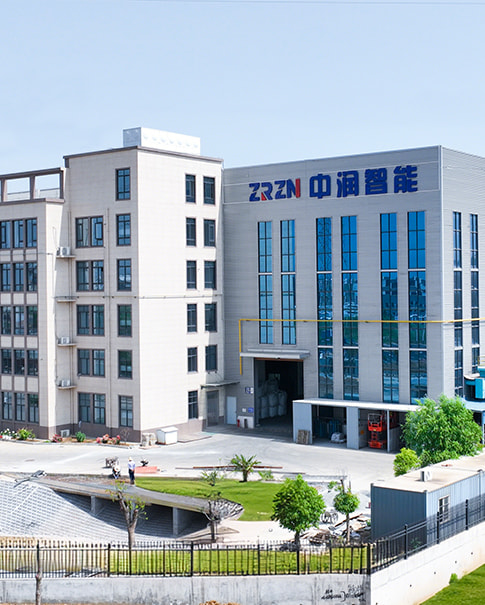What Are You Looking For?
What Are You Looking For?

The durability of asphalt production equipment faces unprecedented challenges in 2025, with mixer components wearing out 40% faster than a decade ago. Understanding the root causes requires examining how modern material formulations and production demands interact with mixer design and component quality.
Modern asphalt formulations have evolved significantly, creating new challenges for mixing equipment durability:
High-Modifier Asphalt Challenges
Polymer-modified binders increase viscosity by 60-80%, requiring 25% more mixing torque
Rubberized asphalt creates additional abrasive particles within the mixture
Warm-mix technologies introduce chemical additives that accelerate component corrosion
Aggregate Quality Variations
Recycled concrete aggregate (RCA) contains residual cement paste with high abrasiveness
Steel slag aggregates, while excellent for pavement performance, accelerate blade wear by 45%
Varying sand mineralogy creates unpredictable wear patterns across different regions
Primary Wear Zones Requiring Specialized Solutions
Mixing blades and arms face combined abrasion and impact stress
Liner plates protect mixer shells but degrade rapidly without proper material selection
Discharge gates and seals suffer from thermal cycling and material buildup
Recent plant data reveals that optimized high-chromium iron components can extend service life by 200% compared to standard materials, even when processing challenging modern asphalt formulations.
Material Science Innovations
28-32% chromium iron alloys with enhanced carbide distribution resist combined abrasion and impact
Heat treatment optimization creates graduated hardness from core to surface
Geometry enhancements reduce energy consumption while improving wear resistance
Operational Adaptations
Strategic component selection based on specific asphalt formulations
Predictive maintenance scheduling using wear monitoring technology
Customized solutions for plants using high percentages of recycled materials
A major Turkish contractor documented 68% longer component life after switching to application-specific wear-resistant components, despite increasing their use of polymer-modified asphalt from 15% to 40% of production.
As their plant manager confirmed: "We maintained production quality while tripling our intervals between blade replacements, simply by matching component materials to our specific asphalt formulations."
Optimize Your Asphalt Production
aOur engineering team specializes in wear solutions for modern asphalt challenges. Receive a customized analysis of your operation and specific recommendations.
→ Request Asphalt Production Wear Assessment [Contact Link]